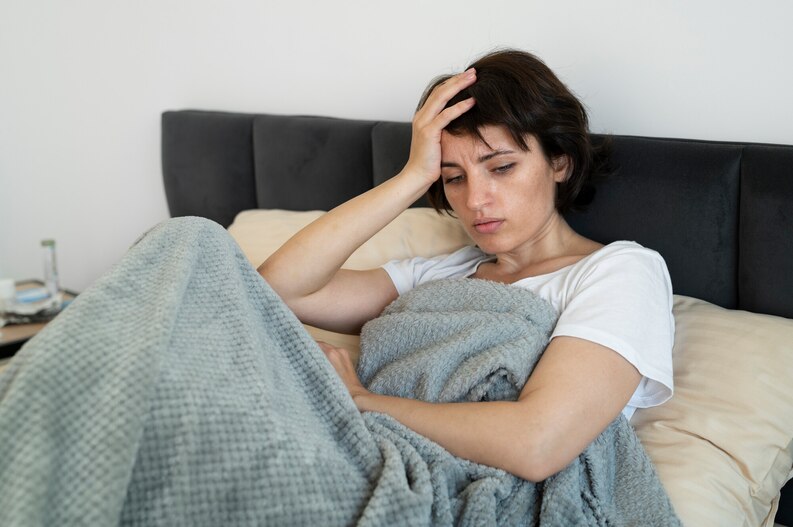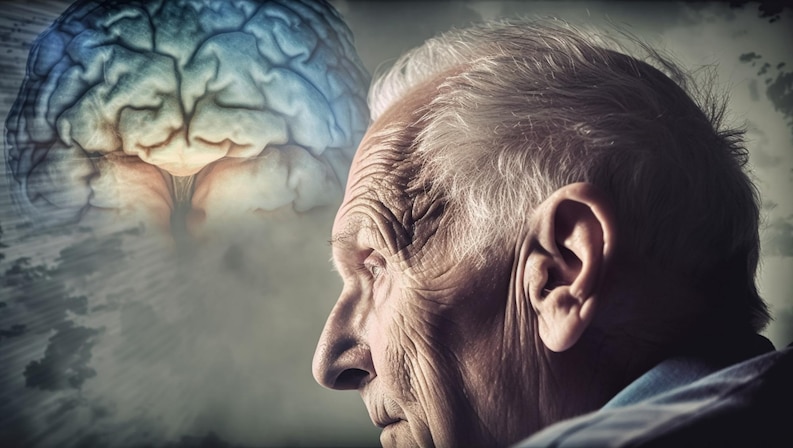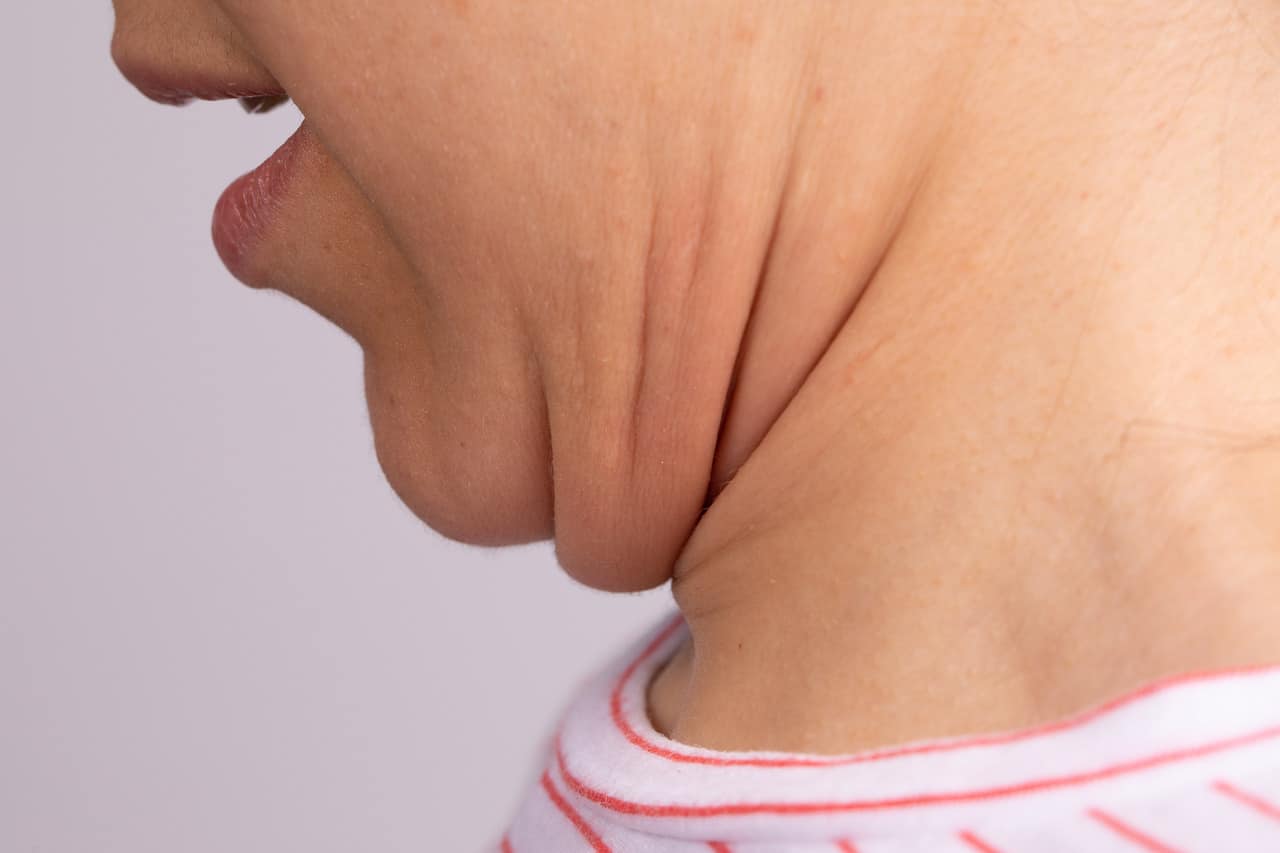What is Migraine?
Recurring moderate to severe headaches are the hallmark of migraine, a neurological condition. Over a billion people worldwide have migraines. Migraines may be caused by hereditary, environmental, and neurological causes.
Pulsating or throbbing migraine headaches usually affect one side of the brain. Hours or days of agony can be severe. Migraines can cause nausea, vomiting, light and sound sensitivity, and aura, a visual distortion. Migraines vary in frequency and severity, and not everyone has aura.

Foods like chocolate, cheese, and processed meats, hormonal fluctuations like those during menstruation, stress, lack of sleep, environmental stimuli like bright lights or strong odors, and some drugs can cause migraines. Some people can lessen migraine frequency and intensity by avoiding triggers.
Symptoms of Migraine:
The most common migraine symptoms are:
Headache: Migraine headaches are moderate to severe and throbbing or pulsing. They can occur on either side of the head. Physical activity might increase the pain, which may last several hours or days.
Sensitivity to stimuli: Migraines often cause photophobia, phonophobia, and osmophobia. Bright lights, loud noises, and strong odours might aggravate a headache.
Nausea and vomiting: Nausea and vomiting are common migraine symptoms. These symptoms can be debilitating and may precede the headache.

Aura: Before or during a migraine attack, some patients suffer visual distortions called aura. Auras can cause flashing or shimmering lights, blind spots, zigzag lines, or momentary visual loss. Tingling or numbness in the face or hands are other sensory abnormalities.
Fatigue and irritability: Migraines can leave people exhausted. During and after an assault, they may become irritable.
Cognitive difficulties: Migraines can cause trouble concentrating, disorientation, or a “foggy” feeling. This can impact work and daily life.

It’s crucial to note that not all migraine sufferers have all of these symptoms, and their intensity and frequency can vary. Some patients experience prodrome before a migraine episode, such as mood changes, food cravings, or increased thirst.
Causes of Migraine:
Migraine may be caused by hereditary, environmental, and neurological causes. Several things can cause migraines:
Genetic predisposition:Migraines run in families. Migraines are more likely in children of migraine-afflicted parents.Neurological factors:Migraines may entail brain and nervous system abnormalities. Serotonin may cause migraines. Chemical imbalances can damage brain blood vessels and nerve connections, causing migraines.Triggers:Individual migraine triggers differ. Chocolate, cheese, caffeine, alcohol, processed meats, hormonal changes (like menstrual cycle fluctuations), stress, lack of sleep, weather or barometric pressure changes, strong odors, bright lights, and certain medications are common triggers.Environmental factors:Bright lights, loud noises, strong smells, and weather changes can cause migraines in vulnerable people. Environmental variables can worsen migraines.Hormonal changes:Migraines are more likely in women because estrogen levels fluctuate. Migraines are common during menstruation, pregnancy, and menopause.

Migraines are complex, and several variables might cause an episode. Identifying and avoiding triggers can benefit migraine sufferers.

If you suffer migraines or are worried about triggers, see a doctor who can evaluate you and help you manage and prevent episodes.
Effective Treatment Options
Migraines can be debilitating, but several treatments are available to manage and relieve symptoms. To identify the best course of action, consult a healthcare expert. Migraine treatments that work include:
Medications: Migraines can be treated with several drugs. For mild migraines, ibuprofen or acetaminophen may work. Triptans or ergots may be suggested for severe instances.
Lifestyle changes: Migraines can be prevented and managed by changing your lifestyle. These modifications may include maintaining a regular sleep pattern, using stress-reducing strategies like meditation or yoga, and avoiding recognized triggers like foods or environmental stressors.
Alternative Therapies: Acupuncture, biofeedback, and herbal medicines may help migraine sufferers. Under a doctor’s supervision, these methods can be used alongside conventional therapy.
Identifying and Managing Triggers: A migraine diary can help uncover patterns and triggers particular to your condition. Tracking your symptoms, activities, and nutrition will help you understand what’s causing your migraines. This data can help you prevent or reduce triggers.
Acute medications: Tylenol, Advil, Motrin, and aspirin can treat mild to moderate migraines. Triptans are recommended for severe migraines. These drugs constrict blood arteries and block brain pain pathways.

Natural Remedies for Migraine
Some migraine sufferers employ natural therapies alongside medical treatments. Natural migraine remedies:
Relaxation techniques:Deep breathing exercises, meditation, yoga, and gradual muscle relaxation can reduce tension, which can cause migraines.Regular sleep patterns:Regular sleep schedules and enough sleep can help migraine sufferers. Migraines can be reduced by sleep hygiene and avoiding sleep deficit.Stress management:Migraines often result from stress. Managing stress with regular exercise, hobbies, counseling, therapy, or mindfulness helps reduce migraines.Diet:Some foods might cause migraines. A migraine diary can track your food and discover causes. Processed foods, coffee, wine, aged cheeses, chocolate, and artificial sweeteners are dietary triggers. Avoiding triggers or eating well may lessen migraine frequency.Hydration:Dehydration can cause migraines. Some people benefit from daily water intake. Finding a balance is key because excessive fluid intake can cause migraines.Cold or hot compresses:Some migraine sufferers find relief by applying a cold or hot compress to their head or neck. Try cold and hot alternatives to find your favorite.Herbal supplements:Butterbur, feverfew, and magnesium may reduce migraine frequency and severity. To verify safety and suitability, consult a doctor before taking herbal supplements.
Remember that natural therapies may not work for everyone and vary in efficacy. Consult a healthcare expert before utilizing natural treatments to check safety and compatibility with prescribed pharmaceuticals.
If you get severe or debilitating migraines, consult a doctor for an accurate diagnosis and treatment.








